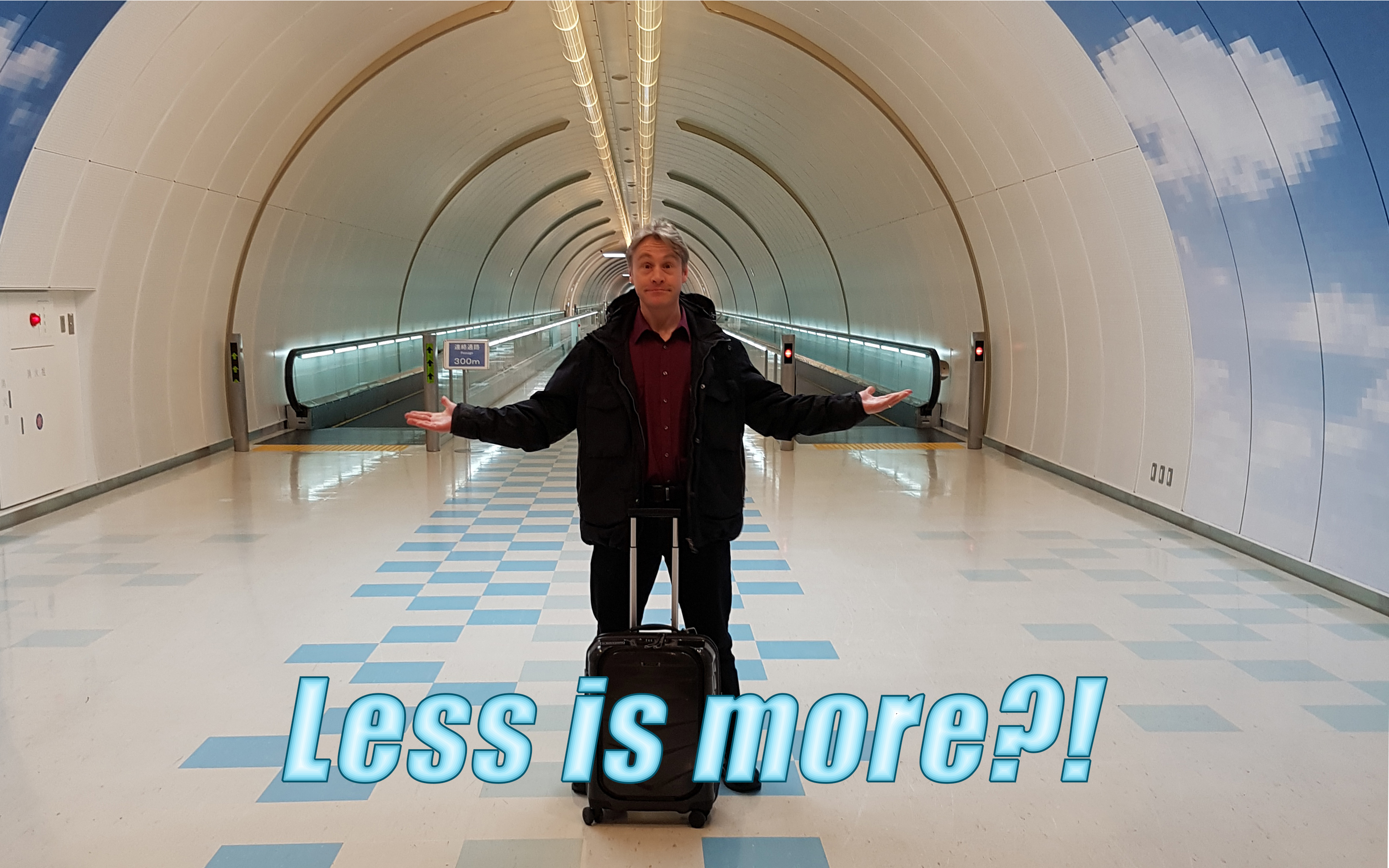The past decade of research has seen considerable interest in computer-based approaches designed to directly target cognitive mechanisms of anxiety, such as Attention Bias Modification (ABM).
By pooling patient-level datasets from randomized controlled trials of ABM that utilized a dot-probe training procedure, we assessed the impact of training ‘dose’ on relevant outcomes among a pooled sample of 693 socially anxious adults. The results are now published in the journal Depression and Anxiety.
A paradoxical effect of the number of training trials administered was observed for both post-training social anxiety symptoms and behavioral attentional bias (AB) towards threat (the target mechanism of Attention Bias Modification). Studies administering a large (>1280) number of training trials showed no benefit of Attention Bias Modification over control conditions, while those administering fewer training trials showed significant benefit for Attention Bias Modification in reducing social anxiety (p=.02). These moderating effects of dose were not better explained by other examined variables and previously identified moderators, including patient age, training setting (lab vs. home), or type of anxiety rater assessment (clinician vs. self-report).
Findings inform the optimal dosing for future dot-probe- style ABM applications in both research and clinical settings, and suggest several novel avenues for further research.
Read the full paper:
Price, R.B., Kuckertz, J.M., Amir, N., Bar-Haim, Y., Carlbring, P., & Wallace, M. (in press). Less is more: Patient-Level metaanalysis reveals paradoxical dose-response effects of a computer-based social anxiety intervention targeting attentional bias. Depression and Anxiety. doi:10.1002/da.22634
